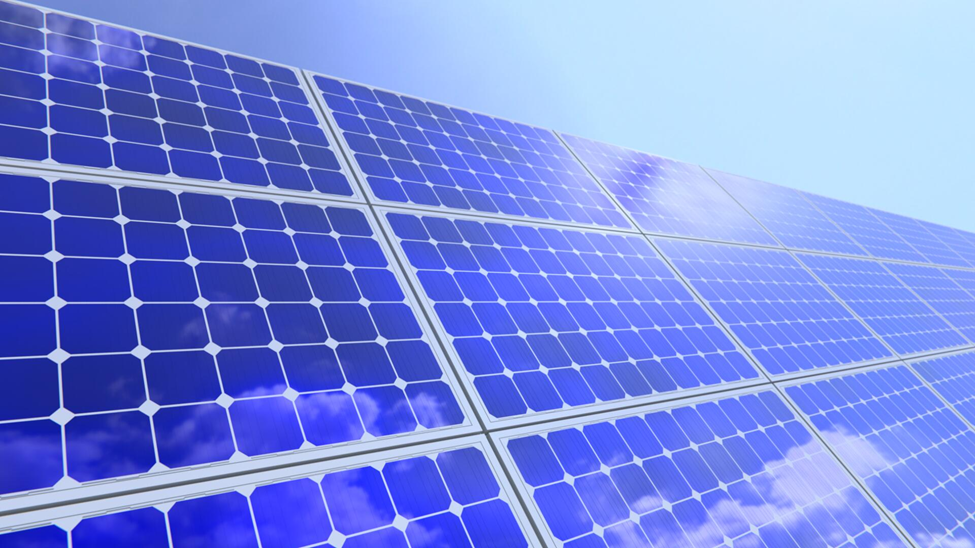How to Choose the Right Solar Power System Inverter for Your Home
- Staff Desk
- Feb 20
- 5 min read
Updated: Oct 9
TL ; DR - Solar Power System Inverter For Home
Purpose of a Solar Inverter: Converts DC power from solar panels into AC power for home use. It’s essential for system efficiency and performance monitoring.
Market Growth: The global inverter market is projected to grow from USD 7.78 billion in 2024 to USD 15.3 billion by 2033, showing strong adoption worldwide.
Main Inverter Types:
String Inverters: Cost-effective for simple installations.
Microinverters: Installed per panel, ideal for shaded or complex roofs.
Power Optimizers: Enhance performance before sending energy to a central inverter.
Hybrid Inverters: Work with batteries, great for future energy storage.
Key Considerations:
Match inverter type to system size, roof layout, and shading.
Prioritize efficiency and MPPT technology for maximum output.
Choose reliable brands with long warranties (5–10 years).
Ensure compatibility with future upgrades or battery additions.
Balance cost against long-term performance and ROI.
Decision Process: Get a professional solar assessment, compare product specs, and consult experts before finalizing your choice.

Investing in a solar power system is an excellent way to reduce your energy bills and contribute to a cleaner environment, according to the US Energy Information Administration. One of the most critical solar system components is the inverter.
The inverter converts the direct current (DC) electricity generated by your solar panels into alternating current (AC) electricity that your home can use. With a variety of inverter options on the market, choosing the right solar power system inverter for your home can be daunting.
In this article, we'll explore what a solar inverter does, discuss the different types available, and provide practical guidance on choosing the right inverter for your specific needs.
Understanding the Role of a Solar Inverter
In 2024, the global solar power inverter market was valued at approximately USD 7.78 billion. It is projected to reach around USD 15.3 billion by 2033, growing at a compound annual growth rate (CAGR) of 7.8% during the forecast period.
Source: custommarketinsights.com
The U.S. solar inverter market was valued at USD 825.86 million in 2022 and is expected to reach USD 2.77 billion by 2030, with a CAGR of 14.8% from 2022 to 2030.
Source: theinsightpartners.com
A solar inverter is the heart of your solar energy system. Without it, the energy produced by your panels would remain in the form of DC, which is not usable for most household appliances. The inverter's role is crucial because it:
● Converts DC to AC: It transforms the energy from your panels into the standard electricity that powers your home
● Optimizes energy use: Modern inverters often include Maximum Power Point Tracking (MPPT) to maximize the efficiency of your solar system
● Monitors performance: Many inverters provide real-time monitoring, allowing you to track your energy production and identify any issues quickly
Understanding these functions highlights why choosing the right inverter is vital to the overall performance and reliability of your solar power system.
Types of Solar Inverters
There are several types of solar inverters available, each with its own set of advantages and disadvantages. The most common types include the following.
1. String Inverters
String inverters are the most widely used type in residential solar installations. In a string inverter setup, multiple solar panels are connected in series to a single inverter.
2. Microinverters
Microinverters are small inverters installed on each individual solar panel. They convert DC to AC at the panel level.
3. Power Optimizers
Power optimizers are devices installed at each panel that work in conjunction with a central inverter. They optimize the performance of each panel before sending the DC electricity to the inverter for conversion to AC.
4. Hybrid Inverters
Hybrid inverters, sometimes called multi-mode inverters, are designed to work with both solar panels and battery storage systems. They not only convert DC to AC but also manage battery charging and discharging.
Key Factors to Consider When Choosing an Inverter
Are you confused about the various types of inverters presented above? No need to worry. It's more important to consider the factors below when choosing an inverter.
And if you're still not sure, it's always a good idea to have a consultation with a professional solar company as they can help you in understanding the function of solar inverters.
Here are some factors to consider.
1. System Size and Configuration
The design and orientation of your solar roof panels play a significant role. If your panels experience uneven shading or are installed on multiple roof facets, microinverters or power optimizers might be the best choice.
Calculate your total energy production and consumption. A larger system may benefit from a string inverter for cost-effectiveness, while a smaller system might be best paired with microinverters.
2. Efficiency and Performance
Look for inverters with high conversion efficiency. This means more of the DC power from your solar roof panels is successfully converted to usable AC power. Maximum Power Point Tracking (MPPT) is essential for optimizing energy harvest, especially in varying sunlight conditions.
3. Reliability and Warranty
Research the reliability of the inverter brand and model. Look for reviews and performance data from other users.
A good warranty is crucial. Inverters typically have warranties ranging from 5 to 10 years. Opt for one that offers a long-term warranty to protect your investment.
4. Compatibility with Future Upgrades
Consider whether the inverter can accommodate future expansions of your solar system. This is particularly important if you plan to add more panels or integrate a battery system later.
If you're interested in battery storage, a hybrid inverter is the best long-term option.
5. Cost
While microinverters or hybrid inverters might have a higher initial cost, their benefits in performance and future-proofing can outweigh the upfront expense. Evaluate the inverter's efficiency and longevity against the cost to determine its overall ROI.
Making the Decision
Choosing the right inverter requires a careful balance of your current energy needs, budget, and future plans. There's no point in rushing through this process. Take your time so you will not regret the decision you make.
Here are some steps to help you make an informed decision.
Assess Your Home's Solar Potential
Begin with a professional solar assessment. This will help you to understand your roof's layout, shading, and overall energy production potential.
Consult With Professionals
Work with a reputable solar installer who can evaluate your system requirements and recommend the most suitable inverter type. They can also provide insights into local incentives or rebates that might offset the cost.
Review Product Specifications
Compare inverters based on efficiency ratings, warranties, and customer reviews. Look at technical data to ensure the inverter meets your system's demands.
Plan for the Future
Consider whether you might expand your solar system or add a battery. If so, choose an inverter that allows for these upgrades without needing a complete system overhaul.
Budget Considerations
Balance initial costs with long-term savings. While it's important to stick to your budget, investing in a higher-quality inverter can provide better performance and durability, ultimately leading to higher savings on your energy bills.
Ready to Choose the Right Solar Power System Inverter?
Selecting the right solar power system inverter is a critical decision that can impact the performance and longevity of your entire solar setup. Don't feel like you have to make the choice on your own. Rely upon a professional solar power company to help you make this important decision.
If you enjoyed this article, please check out related articles on our website for more information on Home & Garden. We are always scouring the web for new and interesting technology that you can use in your home to make your life better.



Comments